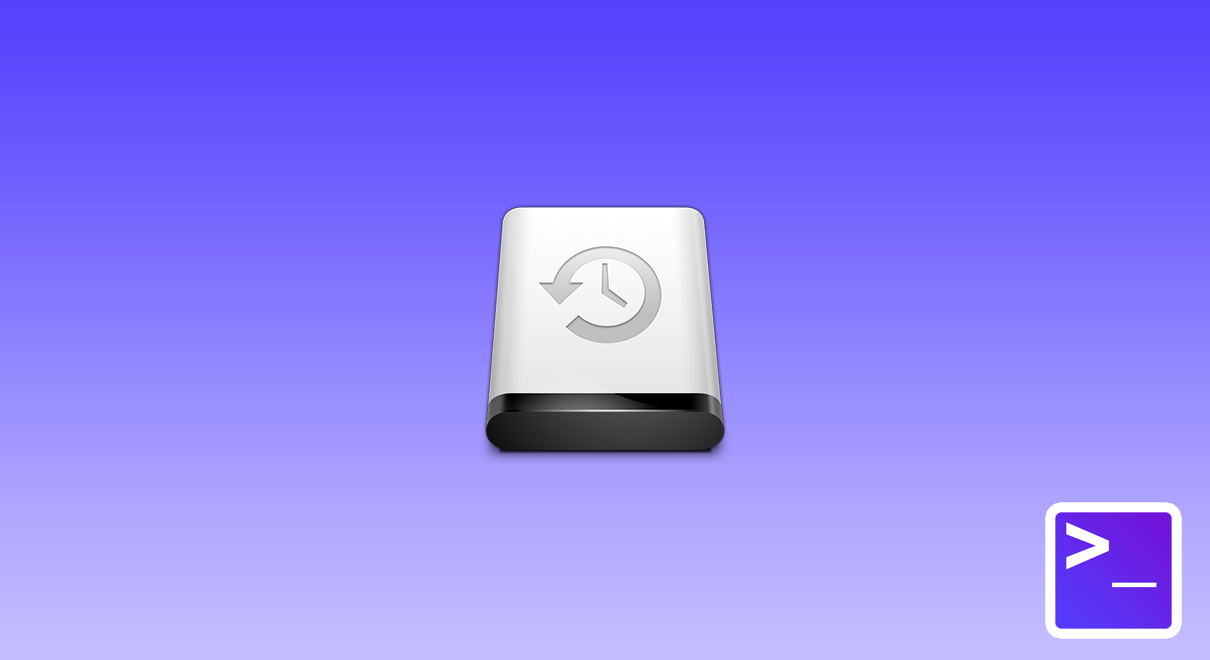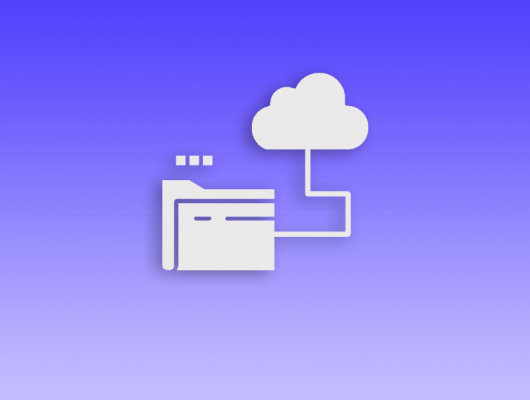Data Backup is a very important Disaster Recovery good practice. Ensuring your important files and folders are available at all times is important. This is especially true with ransomware these days that can result in data loss. Therefore, having good data backup can prevent data loss disaster like this.
Step 1: Find the right software
There is never short of backup software in the market. Thus, the first step towards data backup is to identify the software that best meets your data protection expectations. The best backup software is one that covers all the operating systems of your devices. Additionally, it should be able to offer good compression and deduplication.
Step 2: Decide where to store the backup
It is very tempting and convenient for one to store backup data into portable hard drives. This is a bad practice because portable drives can be stolen easily. Additionally, they may suffer from failure easily since there is only a single hard drive inside. The better place to store backup will be on the cloud, such as using Storage VPS. The cloud prevents physical theft of your data and storage systems run on more than single hard drive. Therefore, there is very good protection over your backup data in the cloud.
Step 3: Backup policy (frequency & retention)
Now that you have both the software and location to store your backup, you will need to decide on your backup policy. The frequency of backup gives you your Recovery Point Objective (RPO). If you decide to do daily backup, your RPO will be 24 hours. If you decide to do the backup more often, you will have shorter RPO but you will need more backup storage. Backup retention gives you the maximum period of backup data you can fall back on. For instance, if your retention policy is 30 days and you are doing daily backup, you will have the previous 30 days’ daily data to fall back on.
Conclusions
We hope this article is useful to give you the good practice idea for data backup. Always remember that no one can predict when a disaster will happen so data backup is not something you should forget or procrastinate on!







